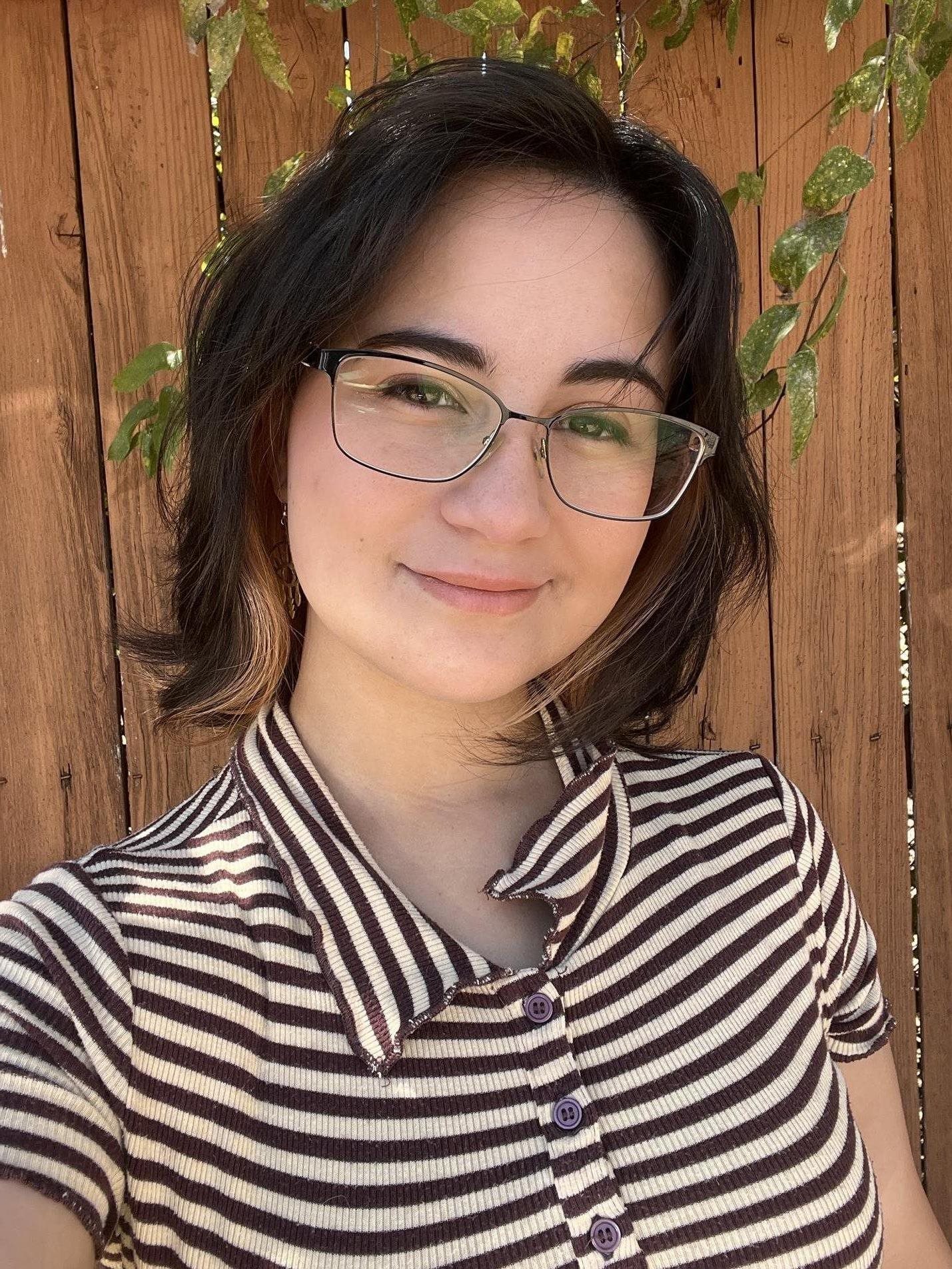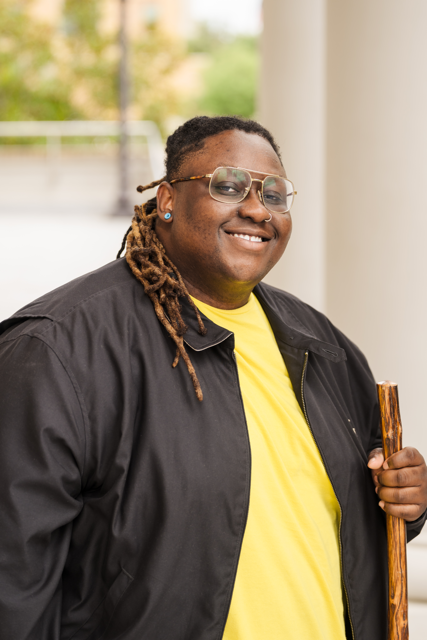News

First-Generation College Celebration: A Focus on Graduate Students
By Texas A&M University Graduate and Professional School
It might seem that getting through a bachelor’s degree program would equip first-generation college students with the knowledge they need to more easily navigate graduate school. But that’s not necessarily the case, explains Routh First-Generation Student Center director Leticia Palomin.
“First-generation graduate students often face the same challenges they encountered during their undergraduate years, intensified in graduate school settings where communication styles, personal habits, attire and social networks play significant roles in their success,” Palomin said.
Despite the persistence of these challenges, there’s a striking lack of research on the unique experiences of first-generation graduate students. Palomin would like to change that. “The Routh First-Gen Center is dedicated to assessing and meeting the needs of our first-gen students throughout all levels of their educational journey,” she said.
The first step is identifying how many Aggie grad students are first-gen. While we know that first-gen students make up 22% of Texas A&M’s undergraduate enrollment, there’s currently no formal process for capturing first-generation status among graduate students.
“We have made impressive progress in opening doors for first-gen graduate students, and we’re working to build on that progress,” Palomin said. “The next step is to add that data point, which will help us lead nationally in creating environments to ensure first-gen students can excel,” Palomin said.
Navigating the Journey: First-Gen Doctoral Students Tanisha Berrios Hernandez and G. Santee Riley
The experiences of first-generation doctoral students Tanisha Berrios Hernandez and G. Santee Riley demonstrate the importance of university support and resources for first-gen grad students.
Tanisha Berrios Hernandez, a Ph.D. student studying psychological and brain sciences, always saw college as her goal. “I was a passionate about learning and a good student,” she said, “so I wanted to go to college.” How to get there, however, was complicated.
-Tanisha-Berrios-Hernandez.jpg)
“As the eldest daughter, my parents expected me to succeed and were supportive, but they weren’t maybe as direct, loud or passionate in celebrating my successes, and I think that’s common for first-generation students,” she said.
Her other major challenge was financial. “My family couldn’t afford to pay for my degree or help me find funding. I am grateful that I received some scholarships in my undergrad, but I had to work part-time in the food service industry to cover what the remainder of my degree and my living expenses. That left me with no free time,” she said. “I did my course work throughout the week and would work weekends to make ends meet.”
Despite these difficulties, Hernandez completed her bachelor’s and was motivated to pursue a graduate degree. “I love research and wanted to continue learning about how people’s minds work,” she explains. Her challenges in graduate school are related to asking for help. Though she knows resources are there, she says reaching out and asking questions “are skills I want to continue to develop.”
Her advice to prospective first-gen students? “People want to support you and see you succeed. Don’t be afraid to ask for help when you need it. And make time for yourself.”
For G. Santee Riley, a Ph.D. student in Sociology, the journey to graduate school was influenced by personal and family experiences during the 2007-2009 economic downturn. “During the Great Recession, my parents went to a career-training technical school to try to increase our socioeconomic status,” Riley said.

Being a first-generation student presented its own hurdles. “College is difficult enough, but being the first in your family to navigate that system can feel overwhelming,” Riley notes. He keeps in mind the influence of his parents: “While they didn’t go to college, they stressed the importance of education for self-improvement,” he said.
His decision to pursue a Ph.D. at Texas A&M is the culmination of a lot of hard work and the good fortune of programming developed to create piplelines to higher education who may not have had access otherwise. “Coming out of high school I was a GEAR UP [Gaining Early Awareness and Readiness for Undergraduate Programs] scholar.” In undergrad I became a McNair Scholar, which stresses the importance of getting marginalized students into graduate programs. Through that program I attended a Research Experiences for Undergraduates (REU) at Texas A&M one summer. After that I applied to graduate school here and was offered a fellowship.”
He says graduate school has been similarly challenging as undergrad, but his department has been supportive and encouraging. He has also utilized the Financial Aid Office, University Health Services – Mental Health and Student Assistance Services. “I’ve developed a network of individuals to support the goal I am working to accomplish.”
His parents have been supportive, he said, which has also been a big help. “They are so proud of me doing a Ph.D. I’m pretty sure my whole hometown knows about it.”
Riley’s advice for first-gen grad students? Keep in mind those who couldn’t be where you are. “Being the first to do something is difficult but rewarding,” he said, “but achieving something that wasn’t possible for others close to you is incredibly fulfilling for you and them.” He also reminds first-gen students to be mindful of the next generation: “You never know who’s looking up to you.”
A Community Effort
On National First-Generation Student Celebration Day, as we honor the resilience and determination of Tanisha Berrios Hernandez, G. Santee Riley, and all first-generation Aggies at our university, Palomin reminds us all to show our appreciation and do our part to help Texas A&M fulfill its mission as a land-grand institution. “We have a responsibility to provide accessible, research-based programs and resources that improve the lives of the people of our state,” she said. “It takes all of us—the Routh First-Generation Center, our colleges, student support services, and institutional leadership. to show them they are welcomed and valued and that we are committed to their success.”
It benefits all of us, too, she points out: “First-generation graduate students bring a wealth of knowledge, experience, and strengths to our university,” she said. “We should show them they are welcomed and valued and that we are committed to their success.”